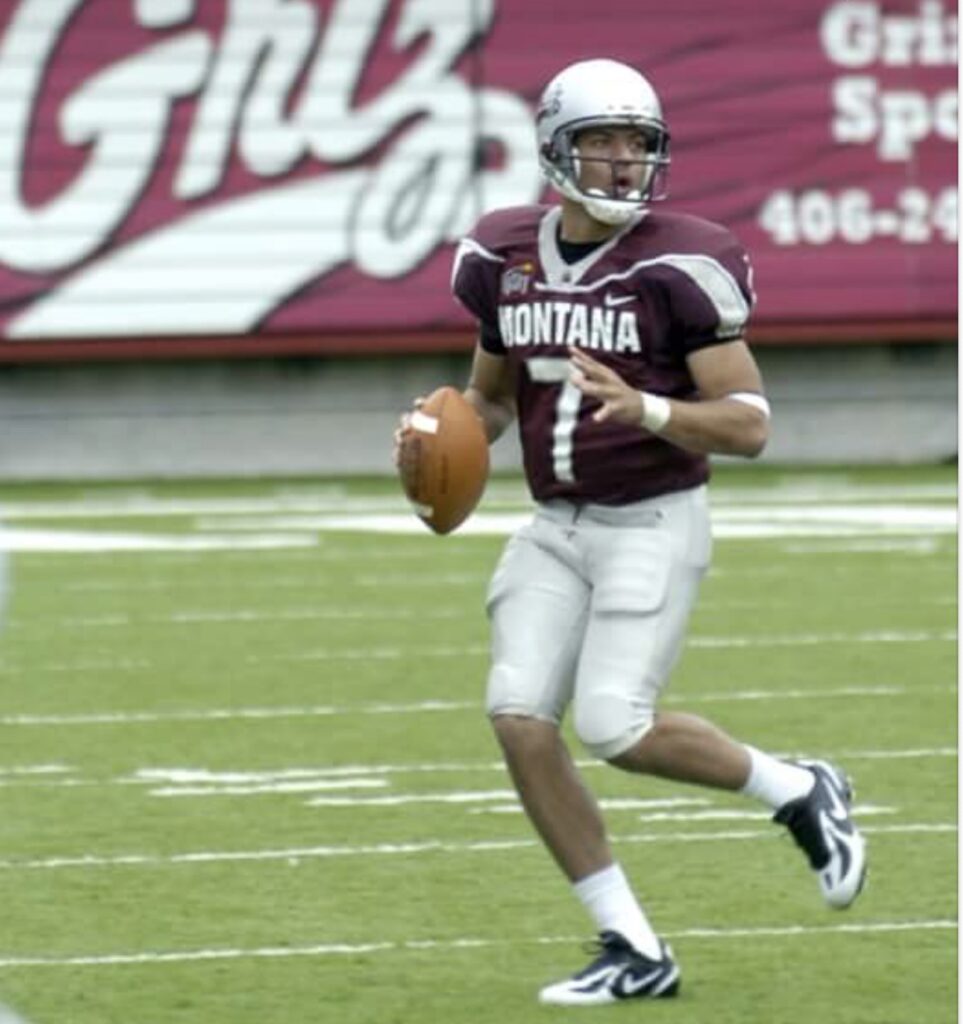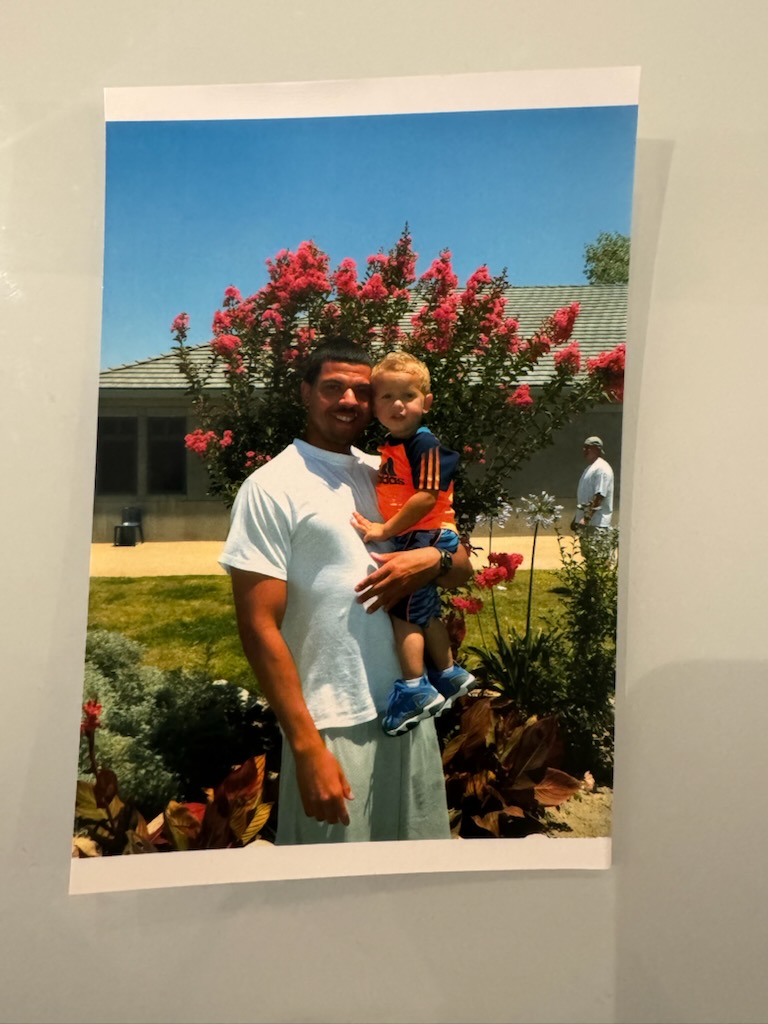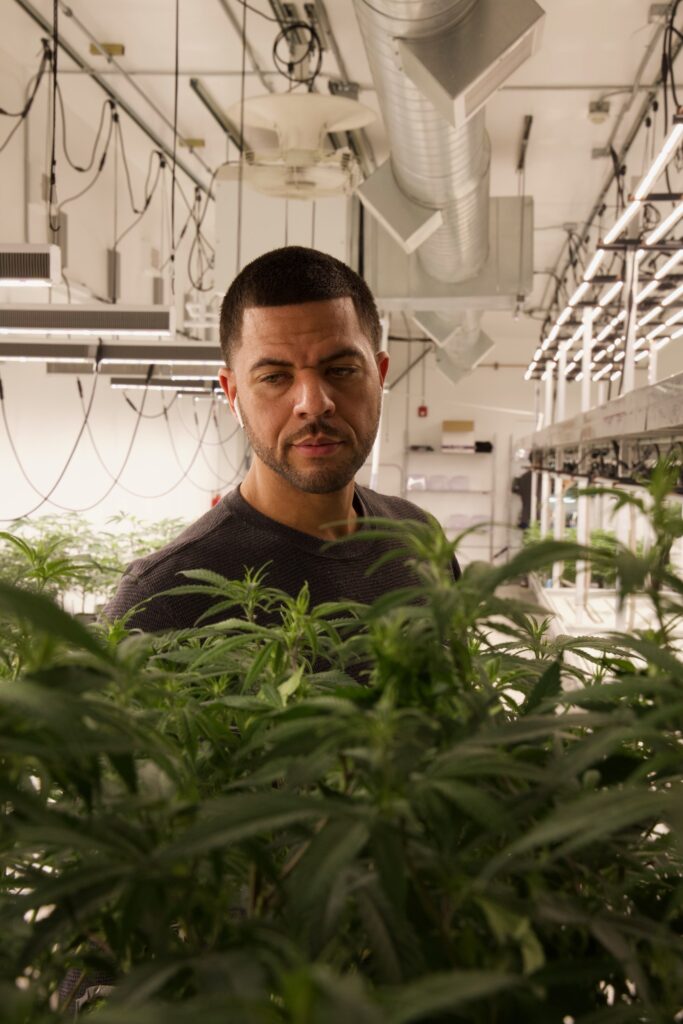The cannabis industry has no shortage of stories about resilience, injustice, and redemption. But few are as gripping—or as instructive—as the journey of Jason Washington, a former University of Montana quarterback turned cannabis entrepreneur, who went from running one of the state’s largest medical marijuana businesses to fighting federal charges, serving prison time, and re-emerging as a national advocate and business leader.
This is more than just the story of one man. It’s a case study in the clash between state-legal cannabis and federal prohibition, a reminder of the risks legacy operators took long before cannabis conferences and slick branding were mainstream. It’s also a story of rebuilding: how Washington transformed prison time into purpose and built ventures that reflect not only his survival but his vision for cannabis culture.
The Early Years: From Football Field to Entrepreneurial Hustle
Born in 1983, Jason Washington made his first mark not in cannabis but on the football field. After a stint at Bowling Green University, he transferred to the University of Montana, where he played quarterback for the Grizzlies. Like many student-athletes, he wasn’t content to just stick to one lane. Even while pursuing sports and studies, Washington showed a knack for business—launching ventures in real estate and even a high-end car customization shop called 406 Motoring.

That drive soon turned toward the rapidly emerging medical cannabis market in Montana. By the late 2000s, voters had approved medical marijuana, and entrepreneurs were navigating the gray zone between state permissions and federal hostility. Washington saw opportunity—not just for profit, but for patients.
Building Big Sky Health: A Vision for Medical Cannabis
By 2009, Washington was operating Big Sky Health, a vertically integrated medical cannabis company that quickly became one of the largest in the state. With dispensaries, cultivation facilities, and a growing patient base, Washington built a business model that mirrored today’s multistate operators—years ahead of its time.
Patients in Montana relied on operators like Washington. Medical marijuana was still stigmatized, and few were willing to take the risk. But Washington leaned into it, investing heavily and expanding his operation at a pace that turned heads.
Unfortunately, it also turned the wrong heads.
The 2011 Federal Raids: When State Law Meant Nothing
On November 14, 2011, federal agents conducted a coordinated raid on Washington’s businesses. DEA agents, armed with federal warrants, swept through dispensaries, grow sites, and even his personal residence. Washington lived every cannabis operator’s pre-legalization nightmare: one moment, he was a state-compliant medical marijuana provider; the next, he faced serious time as a federal defendant.
The charges were stacked:
- Conspiracy to manufacture and distribute marijuana
- Possession with intent to distribute marijuana
- Possession of firearms in furtherance of a drug crime
For prosecutors, it was an open-and-shut case. For Washington, it was a fight for his future.


Going to Trial: A Rare Gamble
Most people indicted in federal drug cases take a plea deal. The odds of winning at trial are slim, and mandatory minimums often leave little room for mercy. But Jason Washington made a rare choice: he took the feds to trial.
His defense was straightforward: he believed he was operating legally under Montana’s medical marijuana program. But in federal court, state law didn’t matter. The judge denied any medical marijuana defense, leaving the jury to weigh charges without context.
The verdict was mixed. Washington was acquitted of the firearm charge—a major relief, since that carried a five-year mandatory minimum—but he was convicted on the marijuana counts.
Sentencing and the Unlikely Mercy of a Judge
In 2013, U.S. District Judge Dana Christensen handed down Washington’s sentence. Prosecutors wanted the book thrown at him. But Christensen, acknowledging the contradictions between state and federal law, showed a rare streak of leniency.
A judge sentenced Washington to 24 months in prison and four years of supervised release, a term far below what prosecutors sought. He also had to forfeit over $232,000 in proceeds.
Even that sentence didn’t sit well with the government. Prosecutors appealed, arguing the sentence was too light. The case went up to the Ninth Circuit Court of Appeals, which sent it back for resentencing.
Washington caught another break: his sentence saw a further reduction. By 2014, he walked free from custody—an almost unheard-of outcome in federal cannabis prosecutions.
Life After Prison: Rebuilding and Rebranding
For many, prison is the end of the story. For Jason Washington, it was just another chapter. After his release, he didn’t retreat. He doubled down on cannabis.
Returning to California, Washington rebuilt himself as an advocate and entrepreneur. He founded Kulture, Inc., a cannabis agency designed to support legacy operators, incubate brands, and consult on everything from compliance to cultivation. Unlike the slick, investor-driven companies flooding into cannabis, Kulture carried the scars—and credibility—of prohibition.
Washington also launched Plants Over Pills, a movement and brand designed to highlight cannabis and plant medicine as alternatives to pharmaceuticals. The initiative tied social impact to business: scholarship programs, community engagement, and a focus on shifting culture, not just selling products.

From Convict to Cannabis Freedom Fighter
The industry quickly recognized what Washington represented. He wasn’t just another CEO in a suit; he was one of the few who took the feds to trial and walked free. In a world where legacy operators are often sidelined or erased, Washington became a living reminder of the risks people took before legalization was trendy.
High Times profiled him as Freedom Fighter of the Month, and his story began to circulate at conferences, in media, and among activists. His credibility didn’t come from a resume—it came from survival.


Lessons from Jason Washington’s Journey
State Law Isn’t Federal Protection
Even now, federal prohibition continues to cast a long shadow over state-legal cannabis markets. Washington’s prosecution serves as a stark reminder that federal authorities possess the power to intervene, and sometimes choose to do so, regardless of state regulations.
The Risk of Going to Trial
Washington stands out as one of the few cannabis defendants who opted not to accept a plea deal. While his courageous gamble ultimately resulted in a shorter sentence, the outcome could just as easily have been decades behind bars, highlighting the inherent risks involved in taking a case to trial.
The Power of Judicial Discretion
Judge Christensen’s decision to deviate from harsh sentencing guidelines was likely instrumental in saving Washington’s life. This case powerfully illustrates the uneven application of federal justice, underscoring how a different judge might not have exhibited the same leniency.
Legacy Matters
Washington’s credibility stems not from a polished corporate image, but from his profound lived experience. In a cannabis market that often champions “authenticity,” his personal narrative powerfully demonstrates what genuine authenticity truly means.
Jason Washington Today: A Voice for the Future
As of 2025, Jason Washington is far from done. Through Kulture and other ventures, he’s continuing to expand cannabis operations, consulting with brands across multiple states and even internationally. His focus isn’t just on profit—it’s on making sure legacy operators and communities harmed by prohibition aren’t left behind.
Whether it’s advocating for plants over pills, consulting legacy growers on compliance, or speaking about his experiences, Washington’s mission is clear: the future of cannabis should honor the sacrifices of the past.
Jason Washington’s story is more than a timeline of arrests and business ventures. It’s a narrative about resilience in the face of a system designed to break people. It’s about the contradictions of being “legal” one day and a felon the next. It’s about what happens when someone refuses to fold under pressure and instead comes back stronger, sharper, and with a mission.
In the end, Washington isn’t just a former quarterback, or a former prisoner, or even just a cannabis entrepreneur. He’s a reminder that cannabis freedom fighters still walk among us, still building, still pushing back, still shaping the industry into something more than a marketplace.
And if cannabis has a future worth fighting for, it’ll be because of stories like his.
Support the cause of cannabis prisoners with Kulture Klothing and Freedom Grow. Help those forgotten behind bars gain dignity.
















